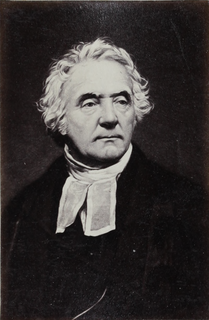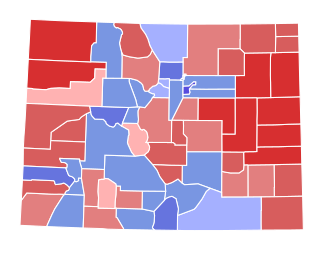A Quote by Milton Friedman
When something goes wrong, the natural tendency is to say, "By God, we need to pass a law and do something."
Related Quotes
Grace means that God does something for me; law means that I do something for God. God has certain holy and righteous demands which he places upon me: that is law. Now if law means that God requires something of me for their fulfillment, then deliverance from law means he no longer requires that from me, but himself provides it.
In England if something goes wrong--say, if one finds a skunk in the garden--he writes to the family solicitor, who proceeds to take the proper measures; whereas in America, you telephone the fire department. Each satisfies a characteristic need; in the English, love of order and legalistic procedure; and here in America, what you like is something vivid, and red, and swift.
My view is that homosexual acts, not homosexuality, but homosexual acts are wrong. They’re intrinsically wrong. And I think in a natural law based country it’s appropriate to have policies that reflect that They don’t comport with natural law. I happen to think that it represents (to put it politely; I need my thesaurus to be polite) behavior that is not healthy to an individual and in aggregate is not healthy to society.
The Bible is interpreted by the Talmud. Except, in Rabbinic tradition, a Talmudic law has the weight of the Biblical law. Sometimes we say in a prayer, "Blessed are Thou, O God, who has ordered us and commended us," to do something. But you don't find that "something" in the Bible; you find it in the Talmud. So Talmudic law becomes as important as Biblical law.
Whether or not belive in Fate comes down to one thing: who you blame when something goes wrong. Do you think it's your fault - that if you'd tried better, worked harder, it wouldn't have happened? Or do you just chalk it up to circumstance? I know poeple who'll hear about the people who died, and will say that it was God's will. I know people who'll say it was bad luck. And then there's my personal favorite: They were just in the wrong place at hte wrong time. Then again, you could say the same thing about me, couldn't you?
Such is the grasping tendency of the human heart, that it must have a something to lay hold of - and which, if wrested away without the substitution of another something in its place, would leave a void and a vacancy as painful to the mind, as hunger is to the natural system.... The heart must have something to cling to.
I think there has been an unfortunate tendency for a lot of different groups to forget that distinction between natural law and revealed truth and to say: Our complete agenda is to be enacted into laws governing the entire society. Many different religious groups claim that authority, not only Catholics. A lot of different Protestant groups as well are stepping forward to say: Here is our agenda, it is a moral agenda, ergo it must be enacted into law. I think that the distinction between natural law and more ultimate kinds of doctrine is being lost.



































